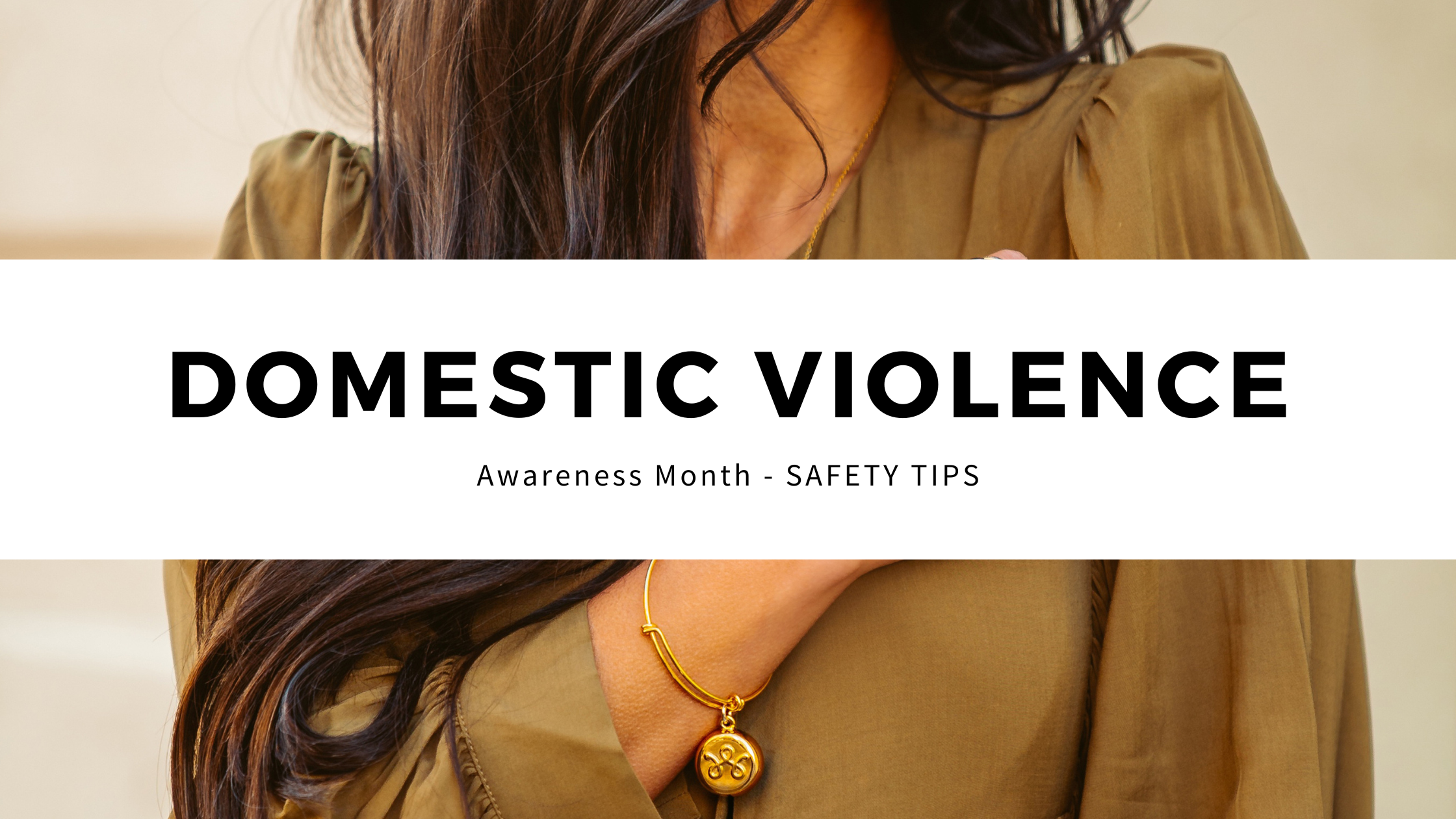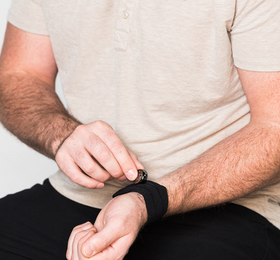
Domestic Violence Awareness Month - Safety Tips
- Recognize the Signs: Early recognition of controlling behavior, extreme jealousy, or emotional manipulation is crucial. If someone is overly controlling or has violent tendencies, seek help or distance yourself from the situation.
- Create a Safety Plan: Have a detailed plan for how you can leave your abuser, including where you will go, how you'll get there, and who can help you. Keep essentials packed in a "Go Bag" that you can quickly grab.
- Establish Safe Zones: Identify safe areas in your home where there are no weapons and multiple exit routes. Aim to move to these areas during confrontations.
- Use a Safe Word or Signal: Agree upon a secret word or signal with someone you trust. If you need urgent help, you can use this signal to discreetly communicate your situation. The Voice Activation feature on invisaWear's app could be helpful in this case where an SOS will be initiated upon saying your secret phrase.
- Document Evidence: Keep records of abusive episodes, which could be crucial for legal actions. This can be in the form of photographs, diary entries, or saved text messages.
- Control Digital Footprints: Be mindful of your online activities, especially on shared computers or smartphones. Use private browsing modes and change passwords frequently.
- Stay Connected: Keep lines of communication open with trusted family and friends. Let them know where you are, what you're doing, and who you're with, so they can provide help if needed. Have an invisaWear? With invisaWear you can add your trust emergency contacts so that if you need help authorities and your loved ones will be alerted.
- Seek Legal Advice: Consult with a legal advisor or advocate who can provide advice on restraining orders and your rights as a survivor.
- Get Professional Support: Use domestic violence hotlines or support groups. They offer anonymous, confidential advice and can help you understand your options.
For Survivors
If you've left your abuser, continue to be vigilant about your safety. Change your locks, vary your routines, and inform key people (neighbors, schools, employers) about your situation, so they can help you remain safe.
















